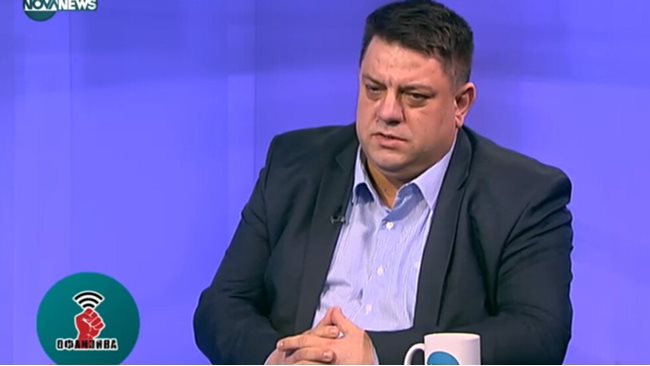The bill is a little higher every day for island motorists. This pushes the collective “Let’s act against the high cost of fuel in Corsica” to denounce a dramatic situation and to advocate emergency measures. Among these, price regulation
“AT exceptional situation, exceptional measures.” According to Frédéric Poletti, spokesperson for the collective “Let’s act against the high cost of fuel in Corsica”, this attitude of mind which must inhabit the island decision-makers while the prices at the pump have crossed the bar of 2 euros per litre. at many gas stations.
“Every day, a new symbolic milestone is crossed”, he observes. According to the representative of the collective, this continuous increase in the price of gasoline and diesel can be explained in two different ways. “It is essential to make a distinction between the structural and cyclical factor”, he notes. The first principle refers to “to insularity and mountainous roads”a punishment inflicted by geography and compensated “by a VAT of 13% instead of 20% on the Continent”, recalls Frédéric Poletti.
International et local
At the same time, the cyclical reading of the situation affects very directly, in Corsica as elsewhere, the global context, and in particular the “war in Ukraine as well as a possible stoppage of Russian imports. Therefore, there are major concerns about supply. However, as the speculative market links supply and demand, we are witnessing a significant increase in the price of a barrel”. Yesterday, for example, the price of a barrel of Brent from the North Sea stood at 130.56 dollars after having reached 127.98 dollars the day before. The embargo on Russian oil decreed by the United States and the United Kingdom, coupled according to observers, with the “conflict in Ukraine that shows no signs of easing” weighed heavily on the bill to be paid.
And, in this tight market, the price at the pump follows the same trend almost in real time. Historical records are linked. Corsica, according to the collective’s spokesperson, gives an additional regional dimension to the affair, accentuating at the same time the deterioration of the economic situation. “The growing gap, year after year, in prices with the Continent, adds pain to pain. Today, this is 13 to 14 euro cents per liter. If we could erase this differential all of a sudden, the consumer would be relieved, even if prices would remain at high levels.”
For the members of the collective, there is currently only one solution to the current energy crisis, regulation, under an article of the Commercial Code according to which, “in a monopoly situation, the State is able to regulate prices, by decree. For our part, we believe that the monopoly situation exists. It has moreover been pointed out by the Competition Authority, which which confirms what we have been saying for a few years already”says Frédéric Poletti.
The method, according to him, only makes sense if it is sustainable and applied to each link, without exception, of the distribution chain, “from the refinery outlet to the service station. Indeed, if the regulation concerned only part of the process, it will be sufficient for that regulation could cause on their dividends “he analyzes.
eat or drive
Today, in the opinion of the collective, the need for regulation is assimilated to an emergency with regard to “the dramatic episode that we are going through. We are no longer going to speak today of difficulties but rather of the economic impossibility of getting around, for some of our fellow citizens. Or they must actually choose between eating and using their vehicle. Which is intolerable.”
In this very tense context, the collective asks “that strong pressure be put on the State so that it can take stock of the local situation and put in place regulations. Given the urgency we are facing, it is essential to take exceptional measures to offer alternative solutions to the car”, insiste-t-on.
Mobility management during the very recent closure of the Bastia tunnel could well inspire the regional scenario. “We then witnessed in greater Bastia and a little beyond, a rise in power of the public transport network, increased use of the train in the area where it is possible. Today, it would be necessary that the Community of Corsica, even if public transport very often comes under the competence of intermunicipal authorities, very quickly favors the implementation of a real policy centered on this transport”we explain.
The government, for its part, promised “to intervene quickly on fuels” to relieve fuel-intensive households and businesses. To be confirmed in the next few days.
–


